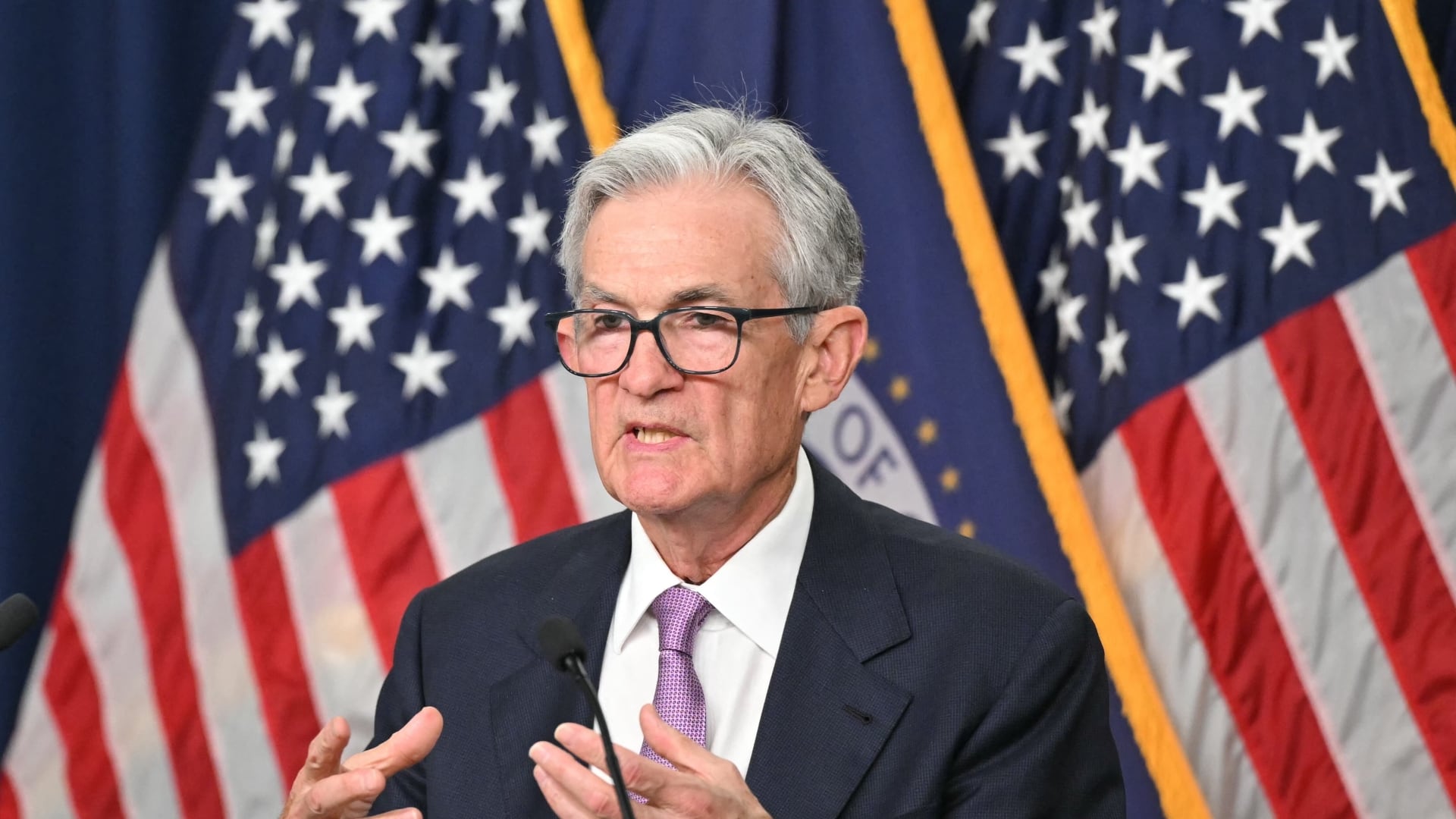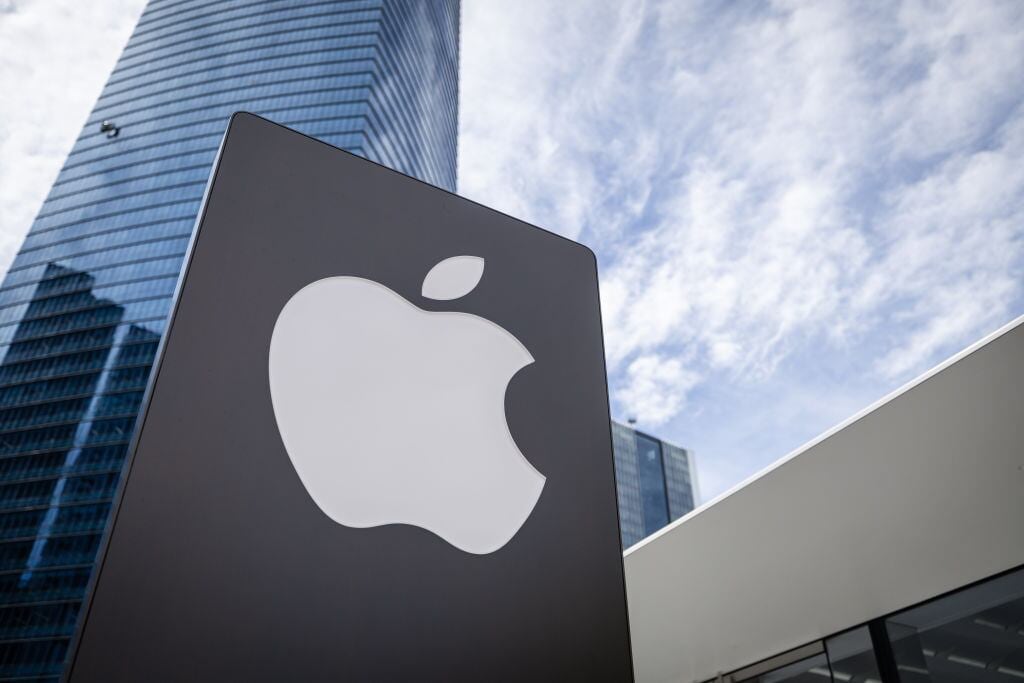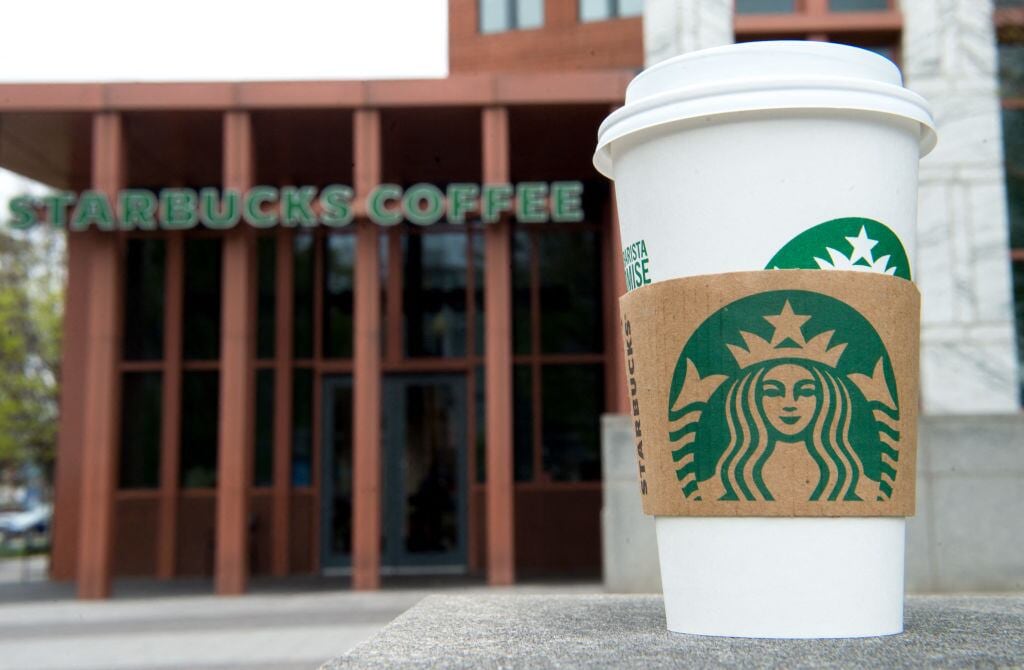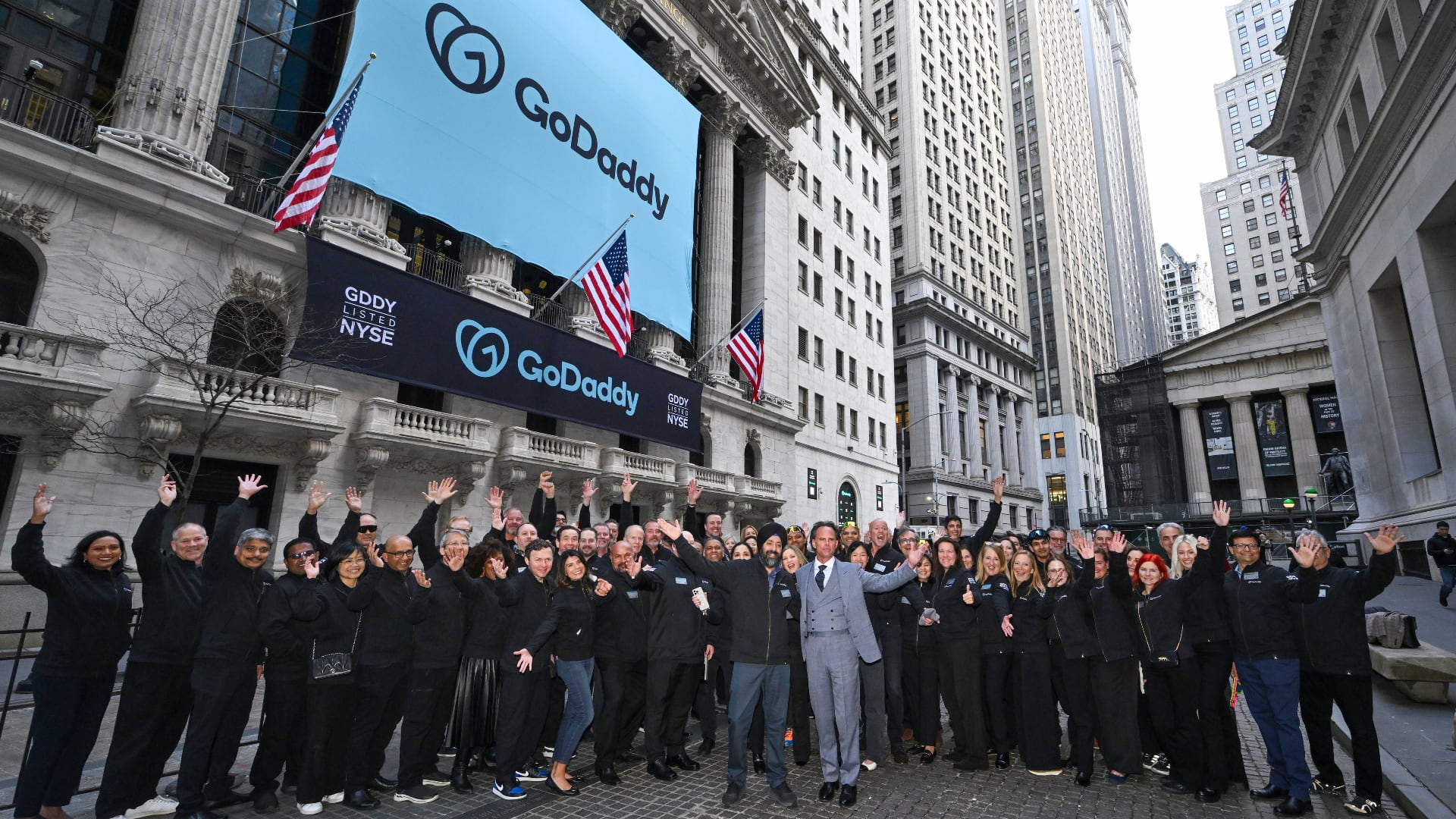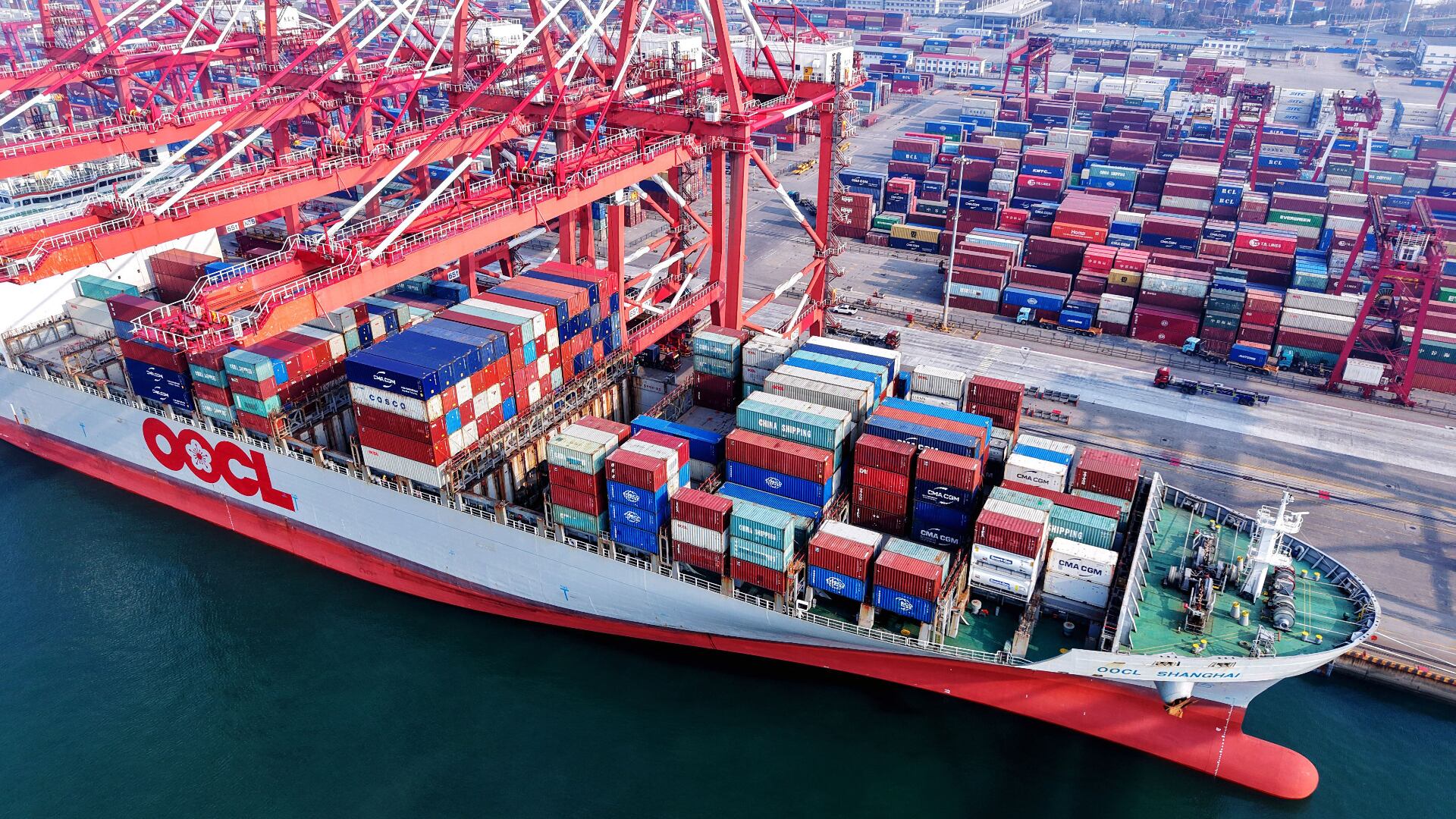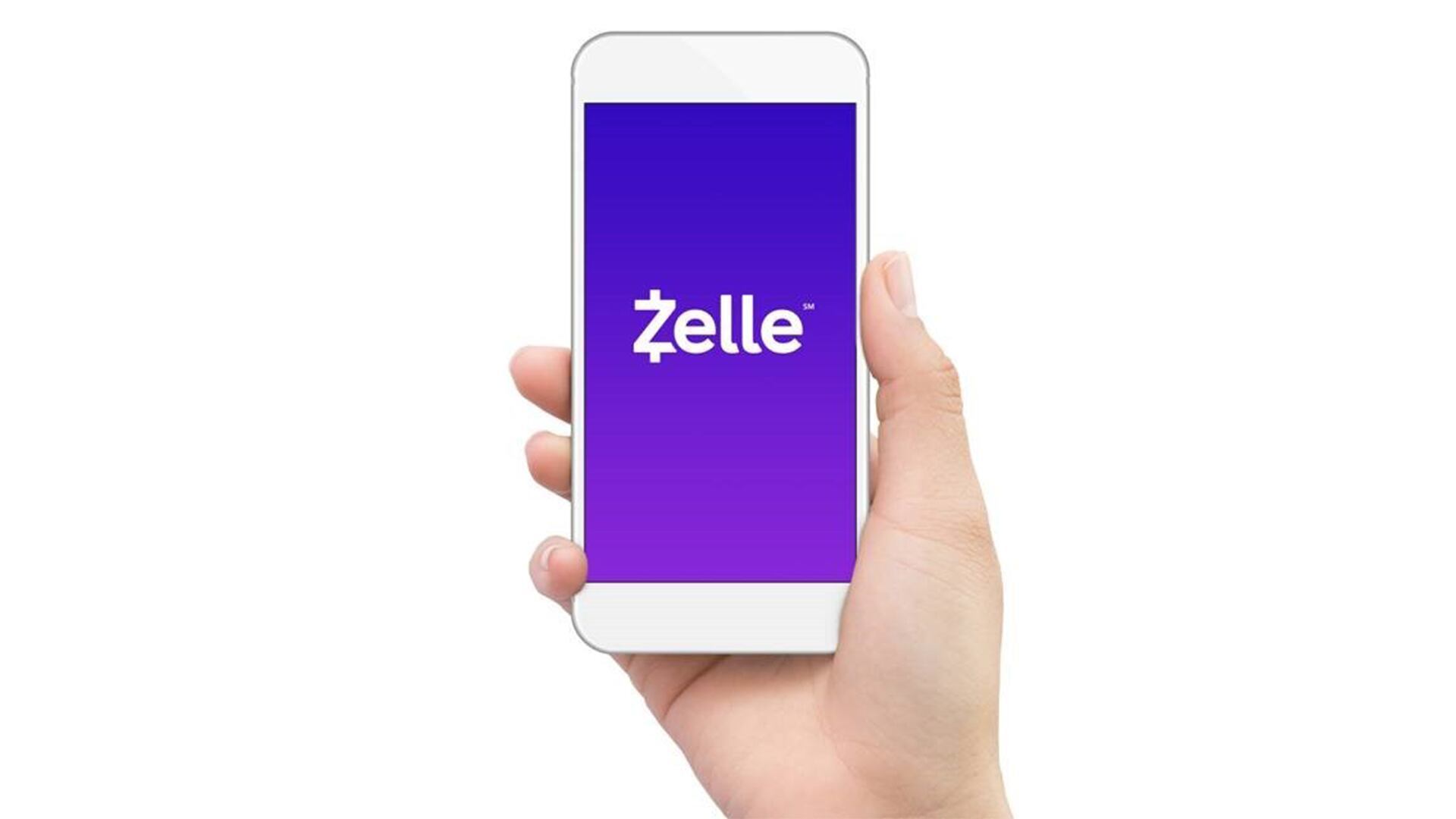Shares of Google parent Alphabet soared to all-time highs Monday evening, after the company posted a surge in ad revenue that partially made up for a record-breaking $5 billion fine from the EU. MarketWatch tech reporter Max Cherney said that even recent backlash over ad placement on the site won't ultimately deter customers. "Google has to make sure their advertising clients are happy with the placement of their ads," he told Cheddar after the results. "Even though Google has struggled with the issue, and YouTube specifically...at the end of the day Google offers very valuable advertising real estate and most, if not all, of their customers end up going back." Advertising revenue for the quarter rose nearly 25 percent to $28.1 billion in the second quarter. That increase came despite a [CNN report in April](https://money.cnn.com/2018/04/19/technology/youtube-ads-extreme-content-investigation/index.html) that found ads for 300 companies, from Adidas to Hershey to Netflix, appeared next to questionable YouTube content. The company had been plagued by similar scandals throughout last year. Still, research firm eMarketer estimates Google will control 31 percent of the digital ad market this year. On the company's conference call, CFO Ruth Porat said, "One of the biggest opportunities for investment continues to be our ads business, where we're continuing to invest meaningfully." While the EU fine, announced last week as a penalty for abusing the market dominance of its Android operating system, did eat into profit, on an adjusted basis the company posted earnings of $11.75 a share, ahead of analyst estimates for $9.59. Another good signーAlphabet also saw slowing growth in its so-called traffic acquisition costs, or how much the company pays to drive views to its sites. Overall revenue came in at $32.7 billion for the quarter. Sales from its "Other Bets", which include Google's cloud business and hardware division, rose nearly 50 percent to $145 million. For full interview, [click here](https://cheddar.com/videos/alphabet-hits-all-time-high-after-reporting-q2-earnings).
